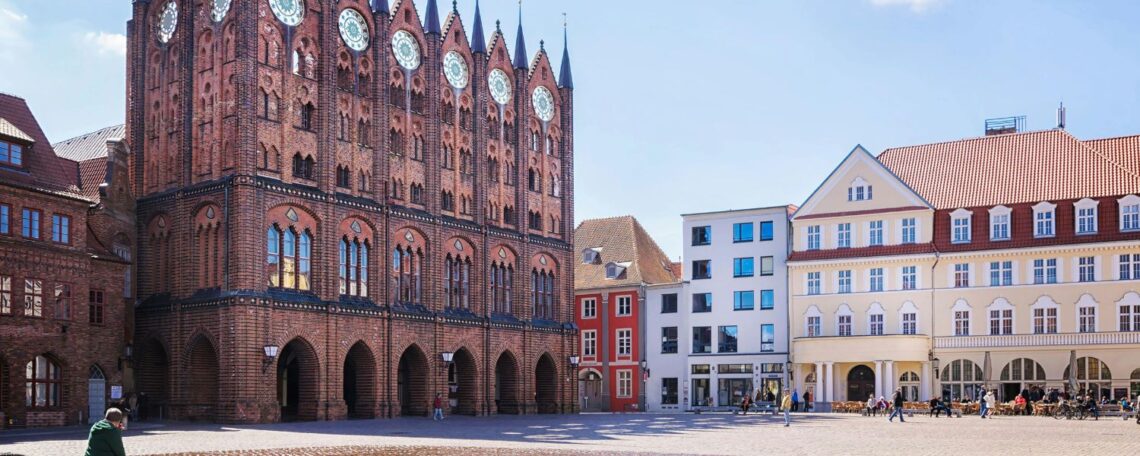If you reside in the state of Mecklenburg-Vorpommern, Germany, you must complete the Germany naturalization test for Mecklenburg-Vorpommern (Einbürgerungstest), which is required for German citizenship and certain visa processes. The German questions and answers and corresponding English translation you see on our website, Vasistdas.de, are automatically selected based on your chosen state and are similar to those you will encounter in the actual exam. The citizenship test for Mecklenburg-Vorpommern on our site is intended solely for practice. To take the official test, you must schedule an appointment with the VHS (Volkshochschule) or with private institutions that offer German courses in Mecklenburg-Vorpommern.
If you would like to learn more about the German Citizenship Test, or the Life in Germany Test (Leben in Deutschland), feel free to check out our article titled Naturalization test in Germany. If you want to take the citizenship test for Mecklenburg-Vorpommern or apply for citizenship, please have a look at the official web site here.
In addition, don’t forget to plan your vacations by taking a look at the holidays in Mecklenburg-Vorpommern.
Mecklenburg-Vorpommern citizenship test in English
Please note: The English translations included in the German naturalization test for Mecklenburg-Vorpommern are provided solely to help you understand the content. The official test will not include any questions or answers in English. The questions and answers available on our site for the Einbürgerungstest für Mecklenburg-Vorpommern have been sourced from the official website of the German Federal Office for Migration and Refugees and have been translated into English. If you wish to take the Life in Germany Test for a different state in Germany, please go back to our states page.
More about the state of Mecklenburg-Vorpommern
Before reviewing the questions and answers for the German naturalization test for Mecklenburg-Vorpommern, let’s briefly get to know the state. Mecklenburg-Vorpommern is located in the northeastern region of Germany and is one of the country’s most beautiful natural states. It has been sparsely populated to preserve its natural environment. The state has a population of 1.6 million and covers an area of 23,000 square kilometers. It is situated near the Baltic Sea, with its capital in Schwerin.
Mecklenburg-Vorpommern, formerly part of East Germany, became part of the new Federal Republic of Germany after the reunification of the two Germanys. The most popular tourist destination in the state is Rügen, and the largest island, Usedom, is also located here. Due to the abundance of such tourist spots, the state sees a high number of visitors. To preserve its natural balance, many nature reserves have been established in the state.
The untouched nature of the state includes over 2,000 lakes and extensive forests. It is home to the most natural national parks in Germany. In addition to its natural areas, it also has vast agricultural lands. The state’s economy is sustained through shipbuilding, tourism, and agriculture. It is also notable as the birthplace of Angela Merkel. Within its borders, you will also find the largest water sports areas in Central Europe. Let’s get into citizenship test for Mecklenburg-Vorpommern.


